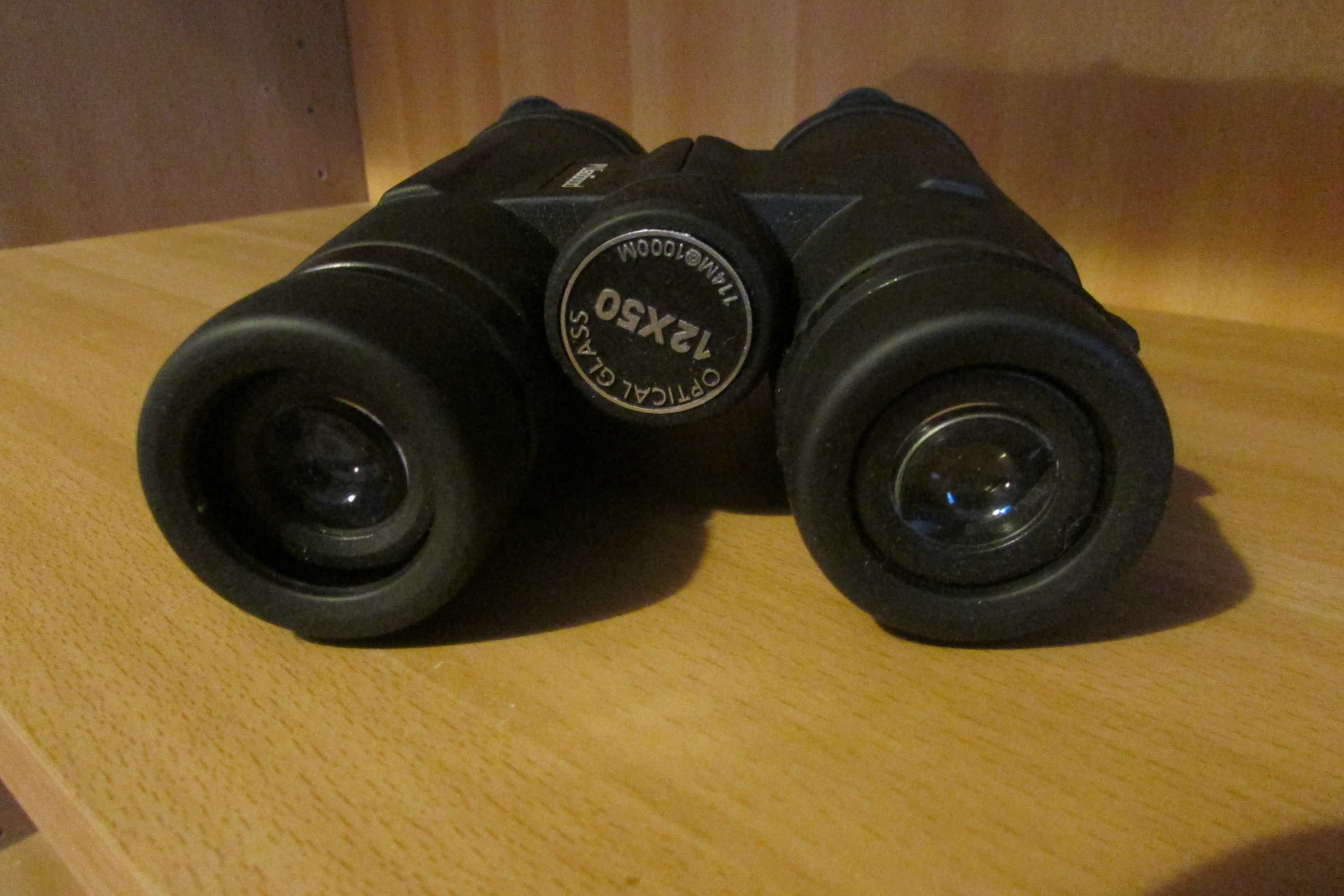
The Big C - 2023
Looking to the future
When you are hit with a cancer diagnosis, looking to the
future is rather scary. So many questions whizz through your head. Will I die? Will I lose my hair? Have they
caught it in time? Do I actually have a future?
The questions are many and varied and can range from something as simple
as how will I feel in the morning to will I be here for Christmas? Often it is
easier and ‘safer’ not to look to the future and to cope with each day at a
time.

Loss of confidence
Why me? Why now?
Cancer Care Centres
The Leveson Centre
Community Stadium, Kathryn Ave, Huntington, York YO32 9AF
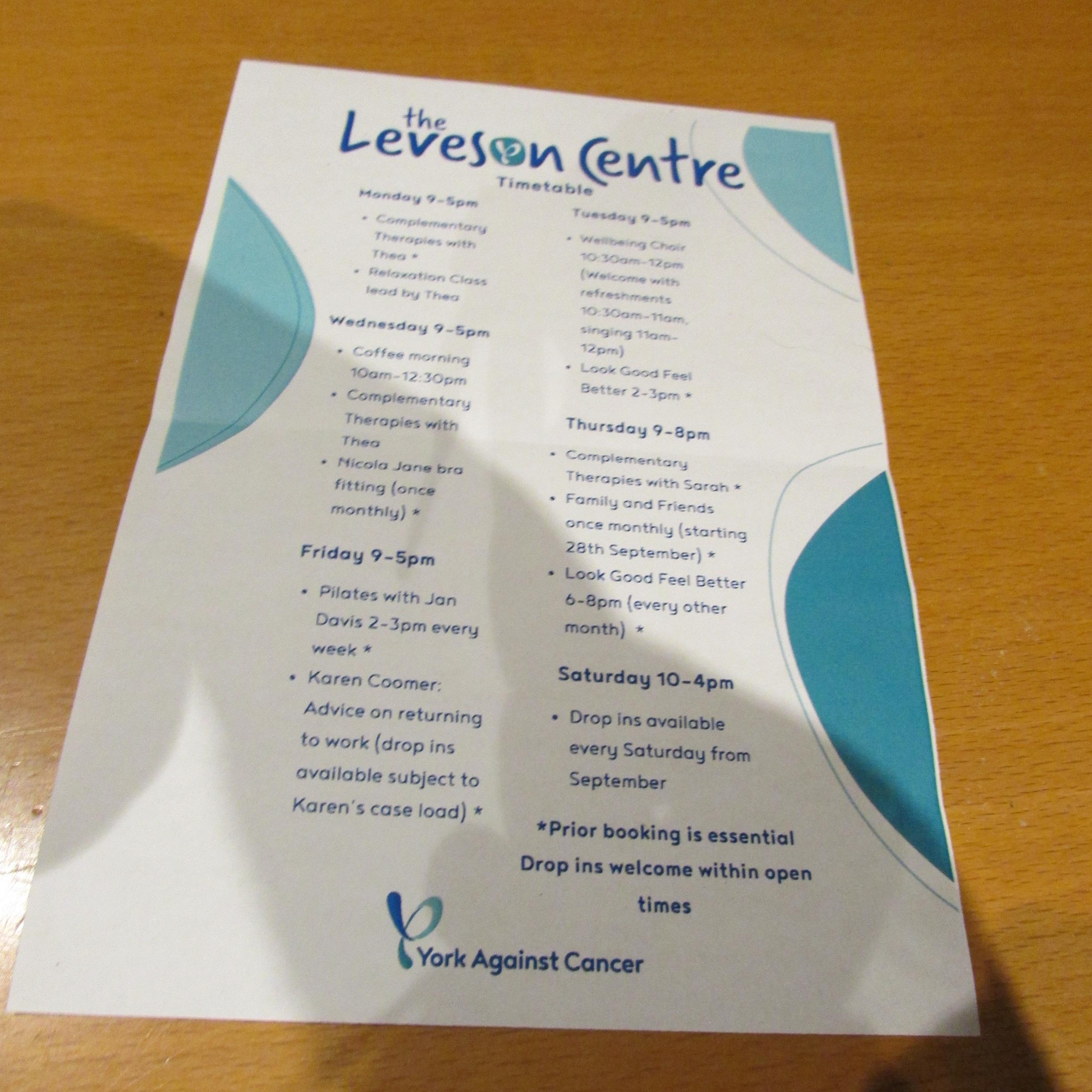
What can I do? What do I say?
The importance of being a good friend.
It is difficult to know sometimes what to say and what to do
when someone you know has a cancer diagnosis. Many of us are frightened of
saying the wrong thing, causing distress or being ignorant. We want to help but don’t know what would be
helpful. I’ve fallen into that category many times but having been through it
myself, I now have a better idea! However, everyone is different and how you
react to a very close friend or family member will be very different to
somebody you just know in passing.
Worrying about stuff?
Don't beat yourself up about it, it’s perfectly normal!
We all worry. It’s
only natural. They could be simple worries such as: Have I got enough milk for
tomorrow’s breakfast? Will the
hairdresser be able to fit me in? Did I lock the door when I left the house
this morning? I don’t know anyone that
doesn’t have worries such as these. But
after having cancer, I have found there is another kind of worry, a worry that
you can mostly keep under control, but at other times threatens to consume you. This is a worry that can be difficult to contain, difficult to overcome and difficult to deal with.
Cancer Coach Workshops
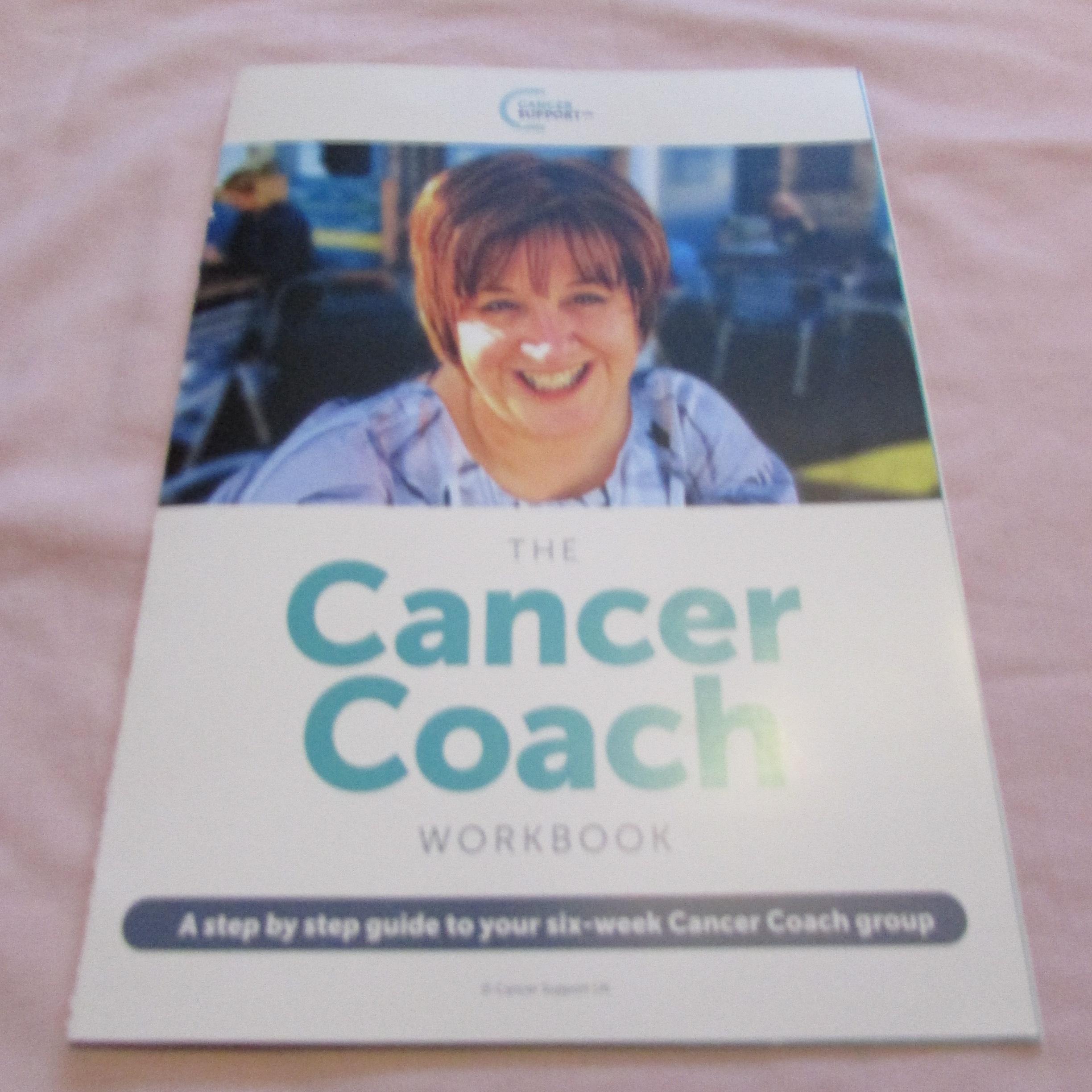
When I had finished my cancer treatment, I thought my life
would return to normality instantly. The reality was, it didn’t! I was hit by a huge wave of depression,
anxiety, lack of confidence and extreme tiredness.
I had been so used to
getting support from my oncology team, the fantastic nurses and the team at the
centre I was being treated at, and then suddenly it disappeared. I was discharged
and life was meant to restart. Like many others, I floundered, not knowing
quite what to do to get back to normality and I realised that some guidance was
needed. I was lucky that I was given access to a counsellor who I spoke to
every few weeks but I needed something more.
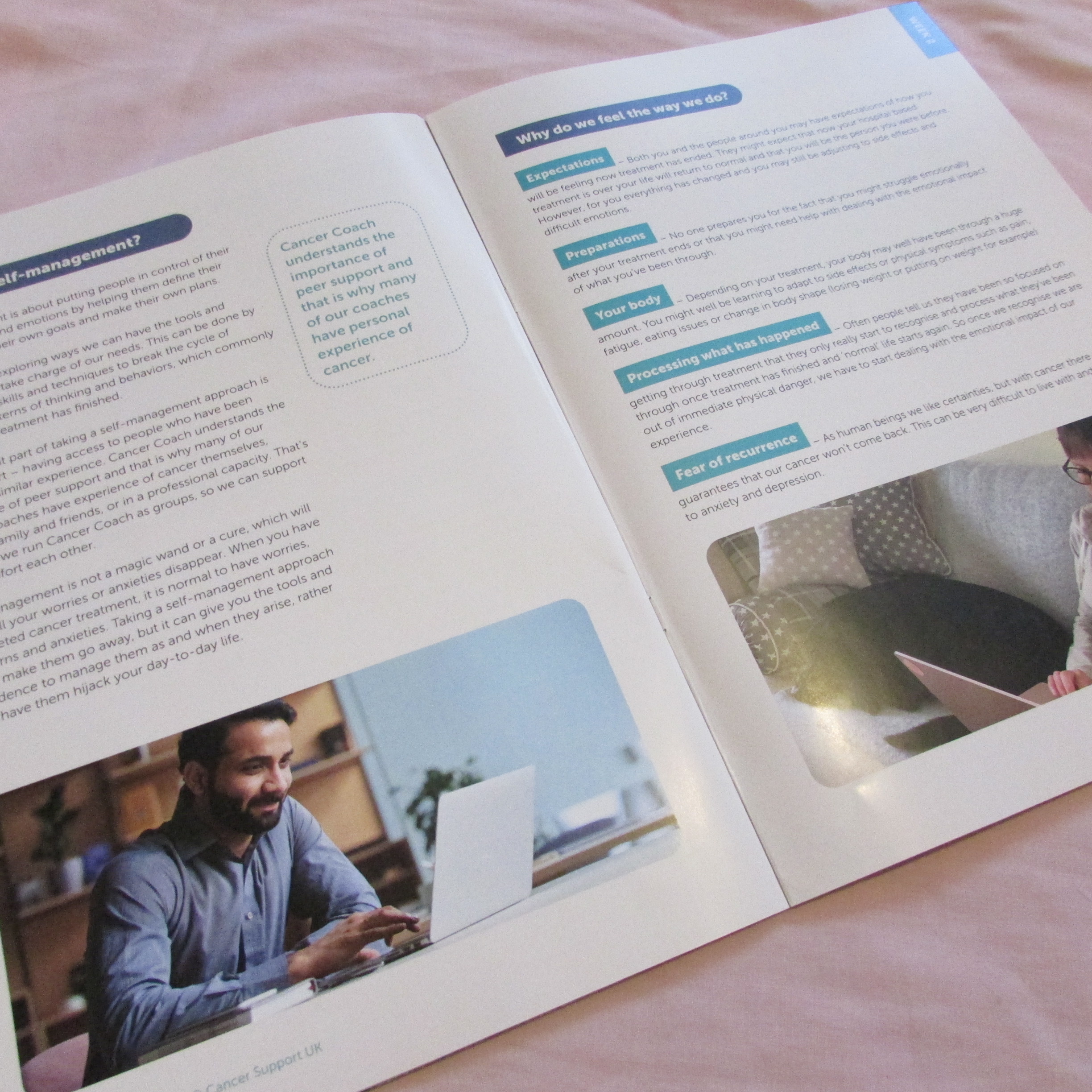
Brain fog
Goal setting
Moving forwards and back to normality
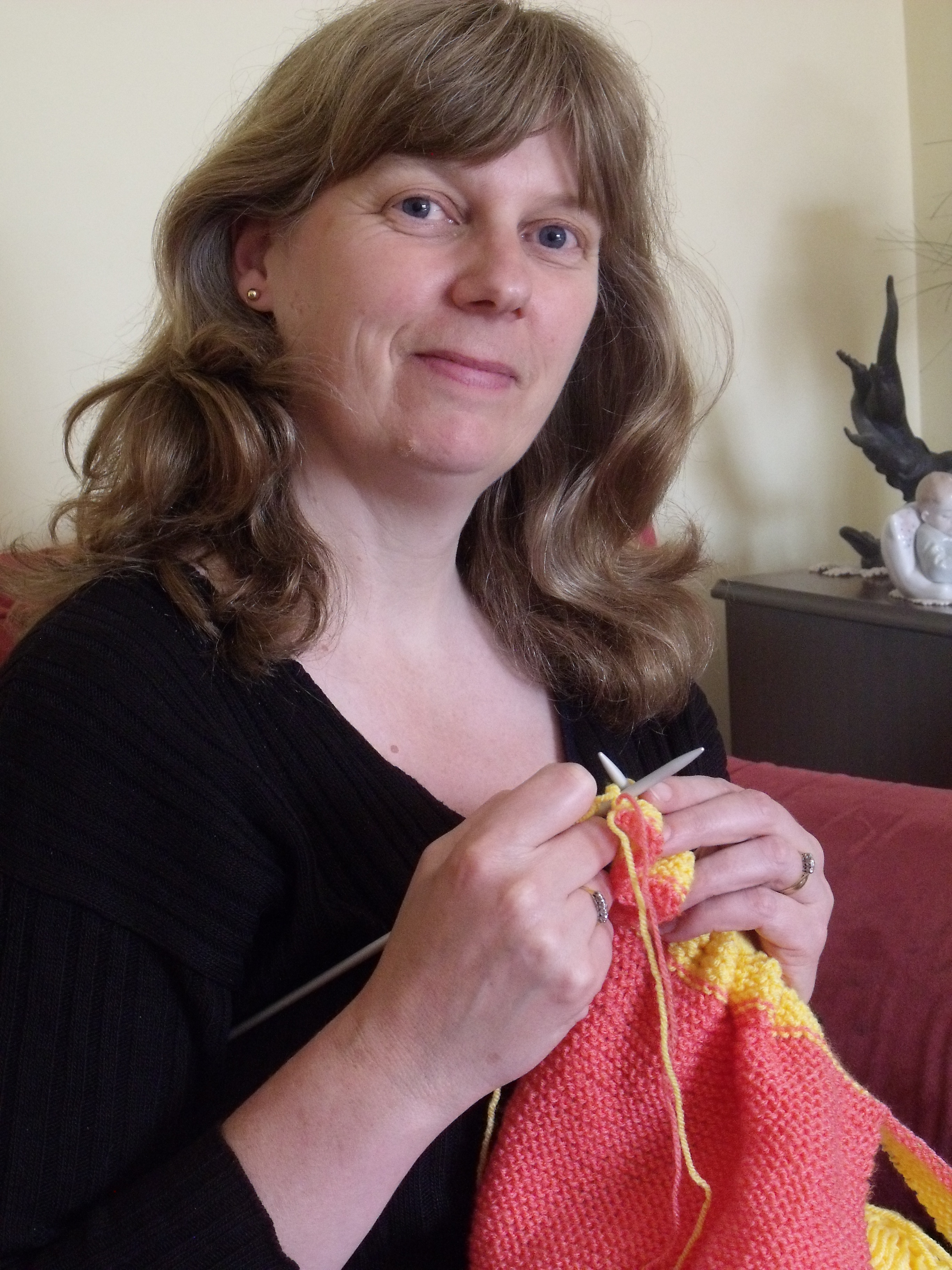
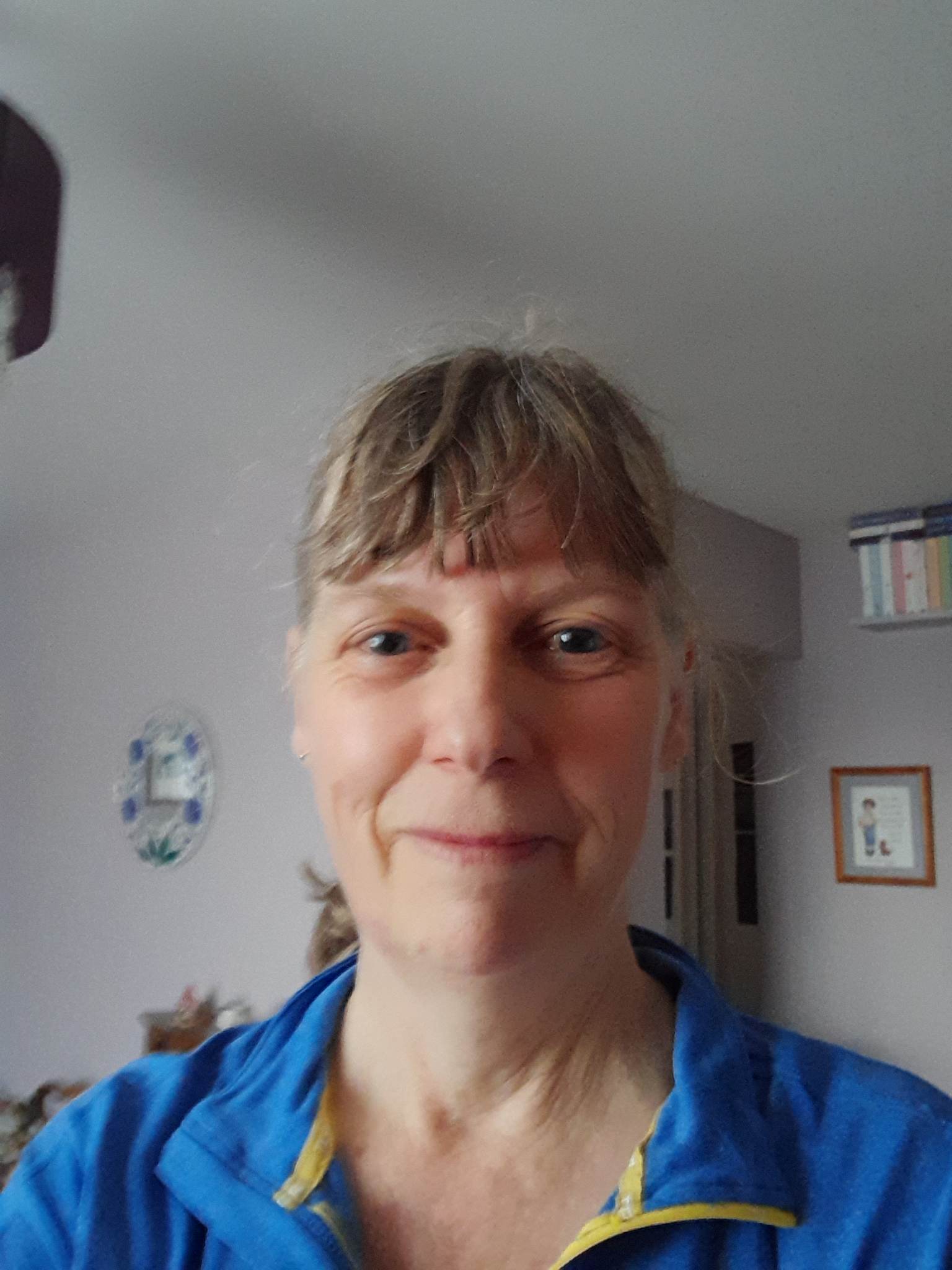
Know your poo!
Be a poo detective!
POO! Be honest, how many of you check your poo
regularly? I can’t say that I did but I
did look every now and again. I’ve been
quite shocked by the number of people that say, they never look. How will you
know if everything is ok if you don’t check? How will you know what your normal
poo looks like so that you can compare?
It is so important to look and to check for visible signs that might
indicate a problem.
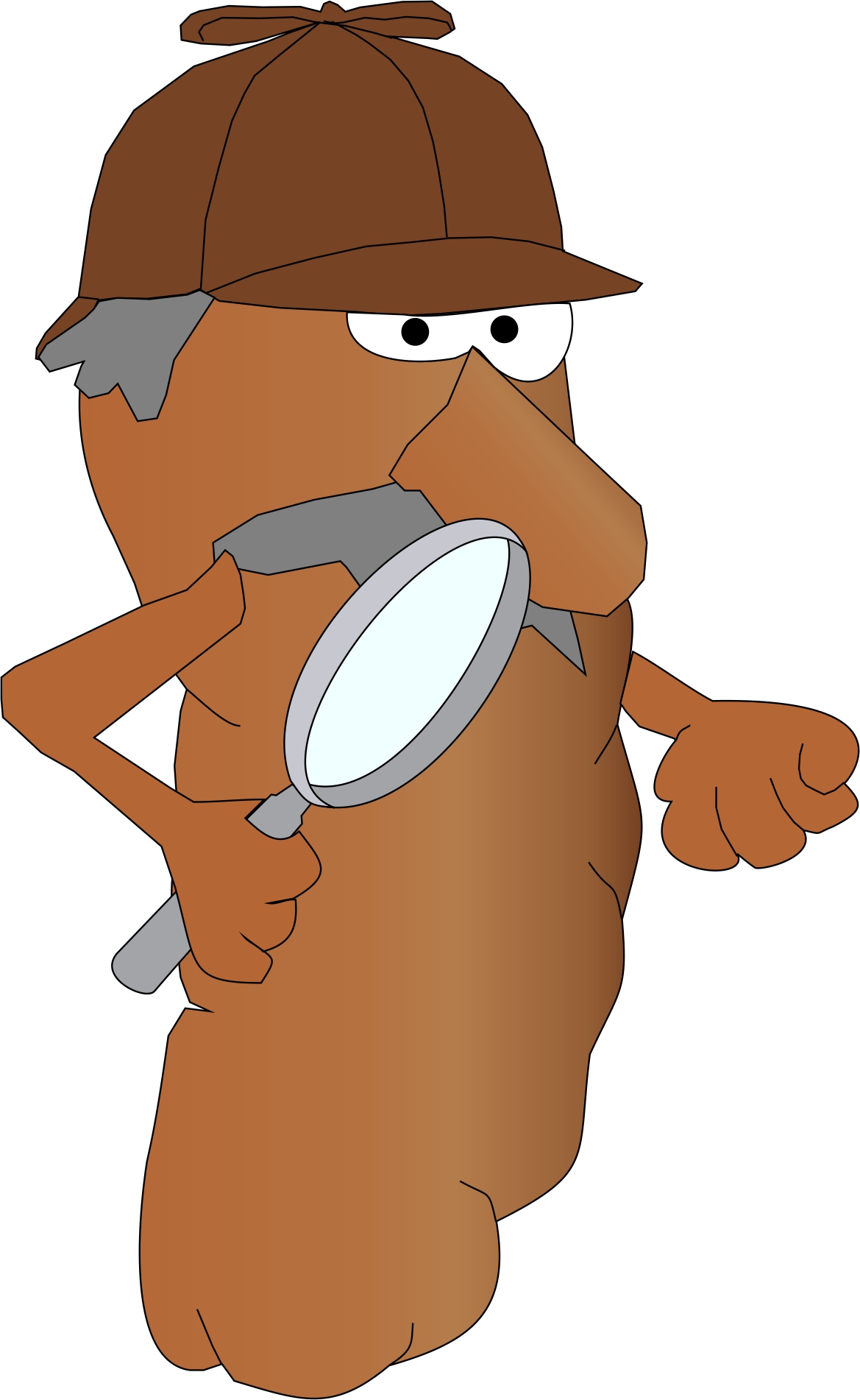
The main symptoms of bowel cancer:
a persistent change in bowel habit –
pooing more often, with looser, runnier poos and sometimes abdominal pain blood in the poo without other symptoms of piles (haemorrhoids) –
this makes it unlikely the cause is haemorrhoids abdominal pain, discomfort or bloating always brought on by eating –
sometimes resulting in a reduction in the amount of food eaten and weight loss
Checking your poo, might just save your life so isn’t it worth doing every now and again?
Under surveillance
